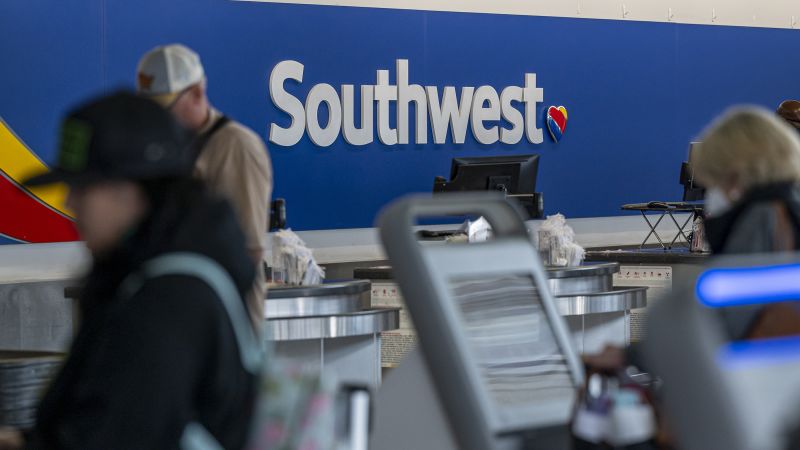
A series of unusual incidents involving Boeing 737 Max 8 aircraft have come to light, with Southwest Airlines reporting that one of its planes experienced a Dutch roll during a flight from Phoenix to Oakland on May 25, 2023. This maneuver resulted in substantial damage to the tail section of the plane.
The Federal Aviation Administration (FAA) and National Transportation Safety Board (NTSB) are currently investigating the cause of this rare occurrence. Preliminary reports suggest that damage was found in the standby power control unit (PCU), which controls the rudder, following the incident.
Dutch rolls are a type of oscillation that can create simultaneous side-to-side and rocking motions, producing a figure-eight effect. They are believed to have been named after an aeronautical engineer who compared them to a traditional ice skating technique made popular in the Netherlands.
The FAA has stated that Dutch rolls do happen from time to time under the right circumstances, and most modern airplanes, including the Max 8, have equipment to dampen their effects. However, if unaddressed, these oscillations can become more exaggerated and potentially dangerous.
Southwest Airlines did not report this incident or damage to the NTSB until June 7. The delay in reporting raises questions about transparency and accountability within the aviation industry.
It is important to note that investigations are ongoing, and further information will be released as it becomes available. It is crucial for all parties involved to remain impartial and objective during this process to ensure a thorough understanding of the facts.


